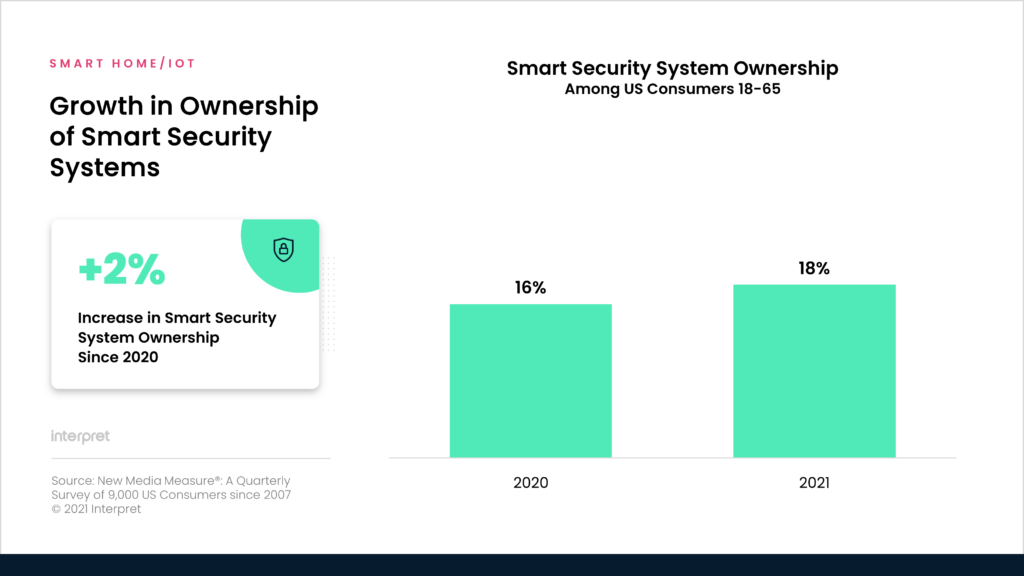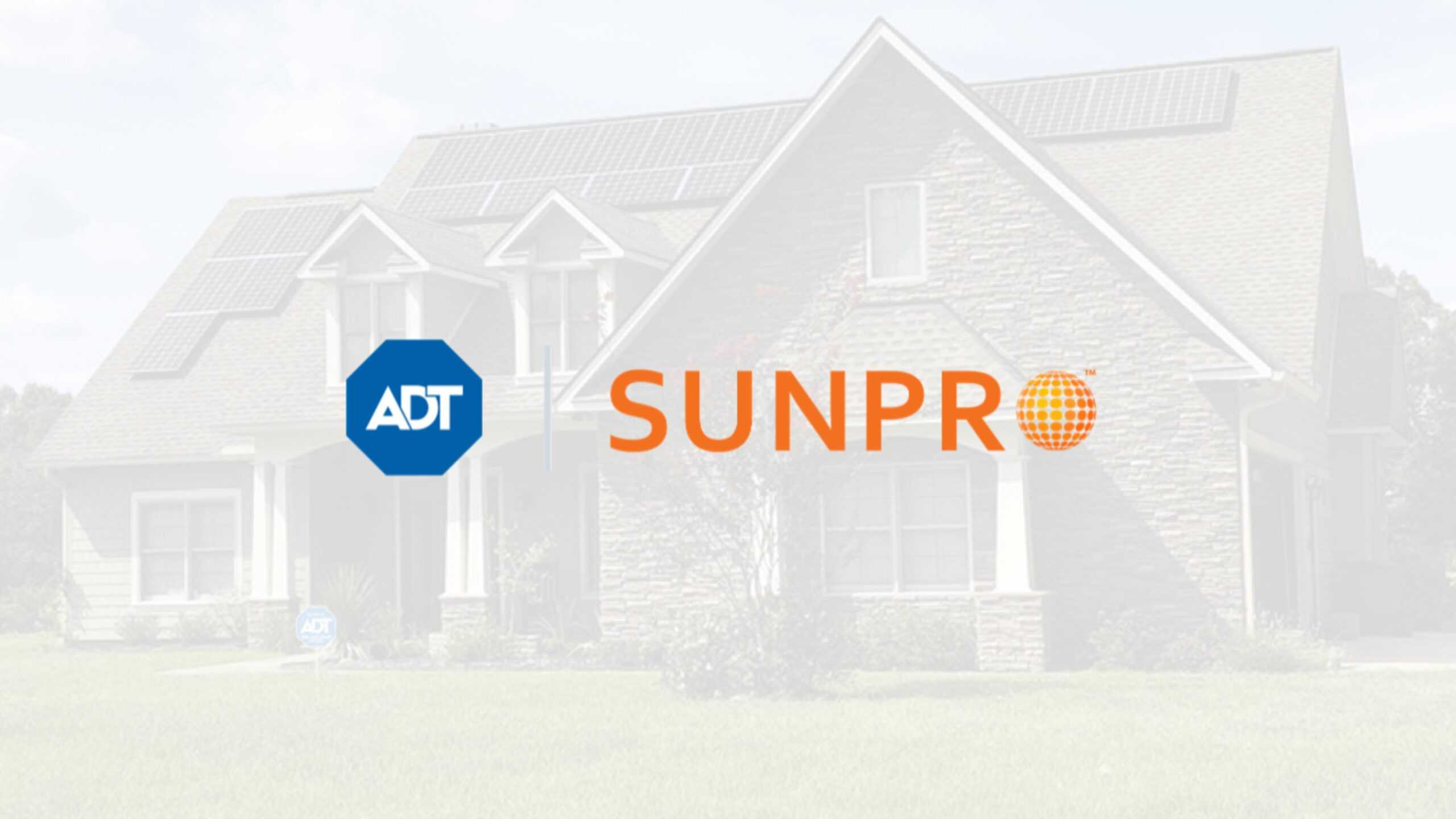In recent days, major announcements have been made by ADT and Brinks demonstrating their commitment to move into the residential solar installation and service business. ADT’s acquisition of Sunpro Solar, to be rebranded as ADT Solar, will jump the security giant to near the top of residential solar installations. Jim DeVries, ADT President and Chief Executive Officer was crystal clear about the value proposition, noting that the deal unlocks an “integrated home experience that includes security, automation, and energy management.”
Taking a cross-promotional approach, Brinks recently announced a partnership with Sunnova that centers on each company cross-selling one another’s product and service solutions.
Competing security firms such as Vivint have sought to leverage solar power as well. Vivint Smart Home founded Vivint Solar in 2011 and later sold to Sunrun in 2020 for $3.2 billion. Vivint pioneered integrating its smart home security system with solar energy management, storage batteries, and EV charging. In 2021, Vivint announced a partnership with solar installation company Freedom Forever. Vivint plans a complete software integration with its smart home system and Freedom Forever’s hardware. As with ADT, Vivint understands the endgame is delivering the convenience and data-enabled services of a unified, integrated experience. Home energy management is a logical extension of a smart security system, especially since no major energy players have stepped into the opportunity.
The US solar market passed an important benchmark earlier this year. The nation surpassed 100 gigawatts (GWdc) of installed electric generating capacity, doubling the size of the industry over the last 3.5 years, according to the US Solar Market Insight Q2 2021 report published by the Solar Energy Industries Association (SEIA). Federal spending and alternative energy incentives approved as part of the Infrastructure Investment and Jobs Act and proposed in the Build Back Better spending bill, will drive the already record-setting levels of solar investment. While supply chain woes and rising material costs still threaten the pace of growth, solar is set to take a sizable role in US energy production in the next decade.
Interpret’s Smart Home Matrix™ finds that smart security systems with home control remain the leading means of delivering a unified home control experience. In Q2 2021, 18% of US adults report owning a smart security system.
“As connected devices and services proliferate, the consumer need for simplicity and convenience will pre-dispose them to find unified services attractive,” said Brad Russell, Vice President at Interpret. “Savings from going solar can offset additional service fees. While custom integrators are already doing this work on the premium end, more mass-market service providers will play an ever-increasing role in delivering on the promise of a wholly integrated connected home.”





